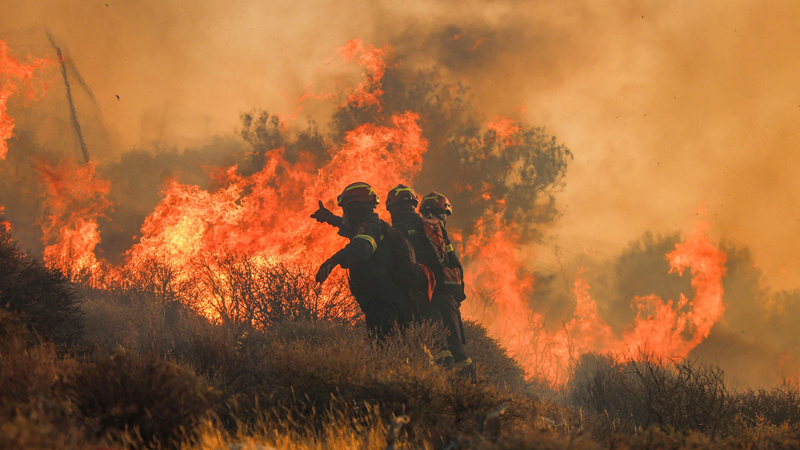Europe is under siege by an early-summer heat wave that has shattered temperature records, prompted widespread health alerts and left at least eight people dead. From Spain to France, communities are grappling with scorching conditions that fuel wildfires and strain essential services.
In Spain, the mercury topped 46°C in El Granado on June 28, making it one of the hottest days ever recorded. Wildfires have devastated swaths of Catalonia, claiming two lives, while heat-related fatalities were also reported in Extremadura and Córdoba. Catalan authorities deployed hundreds of firefighters to battle blazes that have scorched thousands of hectares.
Beyond flames and fatalities, critical infrastructure is faltering under the heat. River levels in France and Germany have dropped so low that nuclear and thermal power plants are forced to reduce output to protect their cooling systems. Inland waterways face navigational challenges, disrupting cargo shipments along key trade routes.
New data from the European Climate Prediction Center reveals June temperatures averaged 2.5°C above the 1991-2020 norm, illustrating how extreme heat waves are intensifying as global temperatures climb. Experts warn that without rapid climate adaptation, communities will face ever-graver public health and energy security risks.
Even sports and entertainment events are feeling the burn. Tennis matches in Paris have shifted to cooler evening hours, while summer music festivals across G20 nations are redesigning lineups to avoid midday heat. For fans and organizers alike, planning has become as much about staying cool as it is about the show.
Young travelers and digital nomads mapping out summer journeys should stay informed on local heatwave protocols, pack reusable water bottles and prioritize accommodations with reliable cooling systems. Meanwhile, business and tech innovators have a chance to develop next-generation cooling solutions, from sustainable air conditioners to heat-resistant building materials.
As Europe rallies to face this blistering challenge, one thing is clear: adapting to heat waves is no longer optional. From urban green spaces that lower city temperatures to large-scale investments in climate-resilient infrastructure, the actions taken today will determine how well societies withstand the heat tomorrow.
Reference(s):
Record heat waves engulf Europe, leaving death and destruction
cgtn.com



